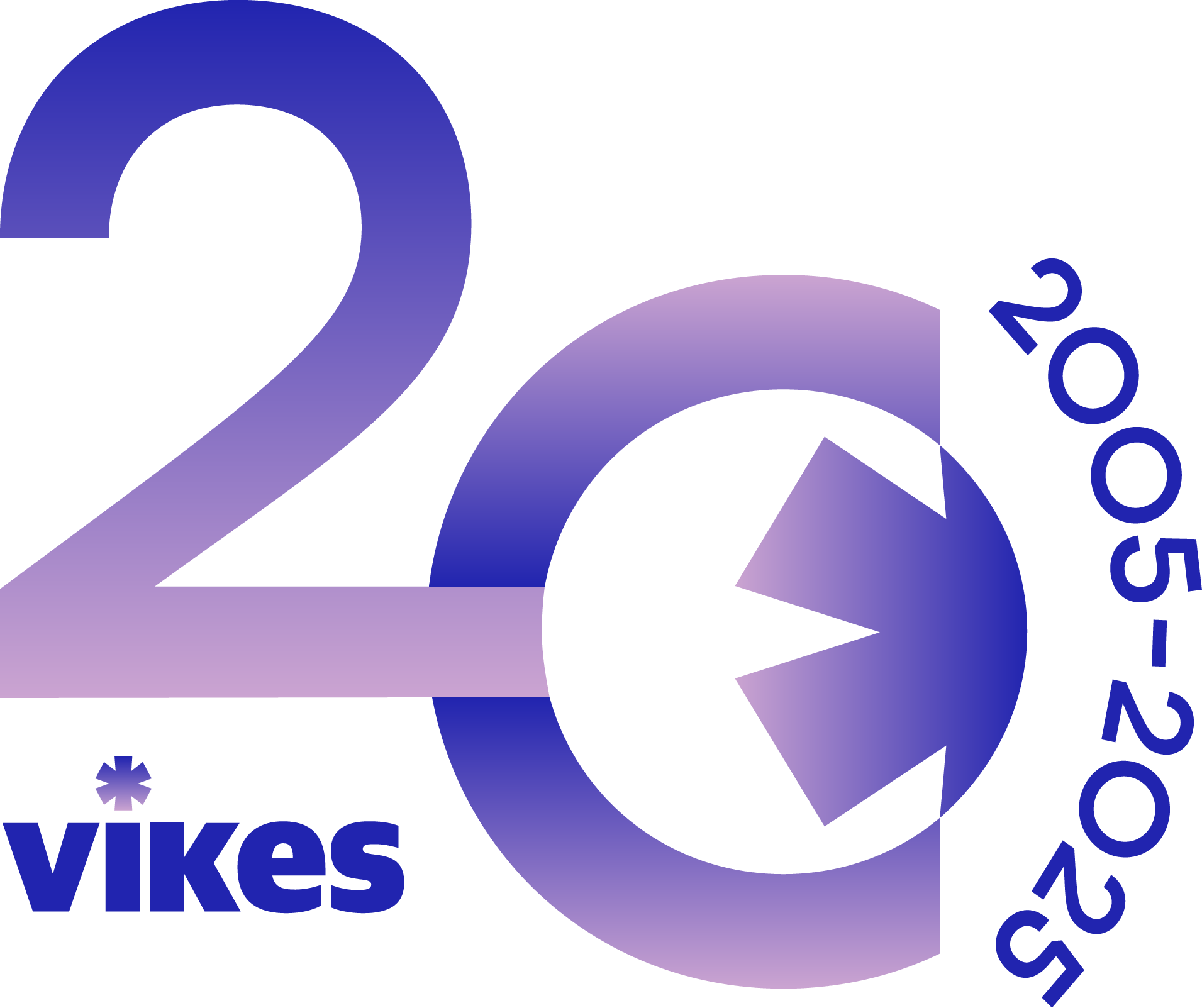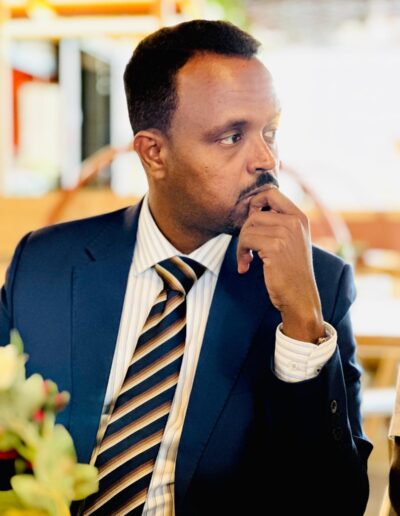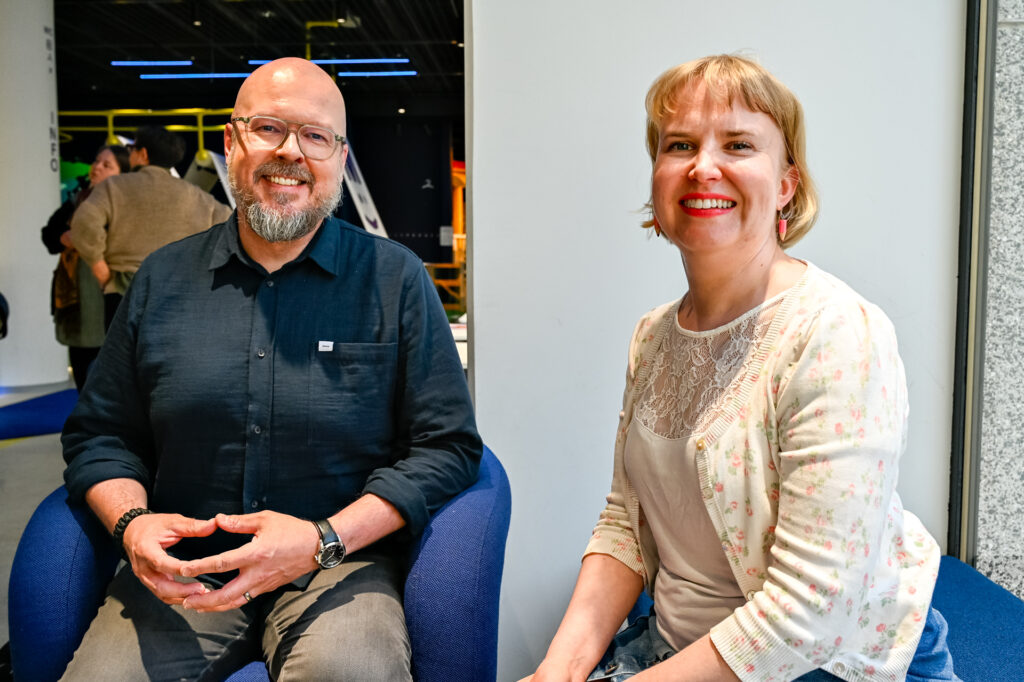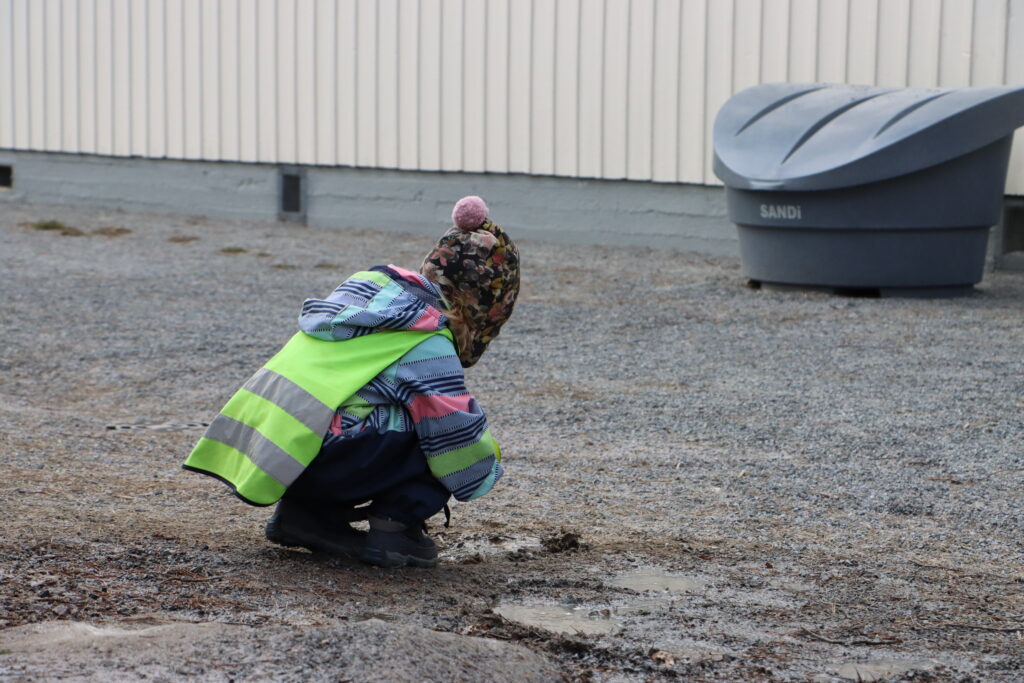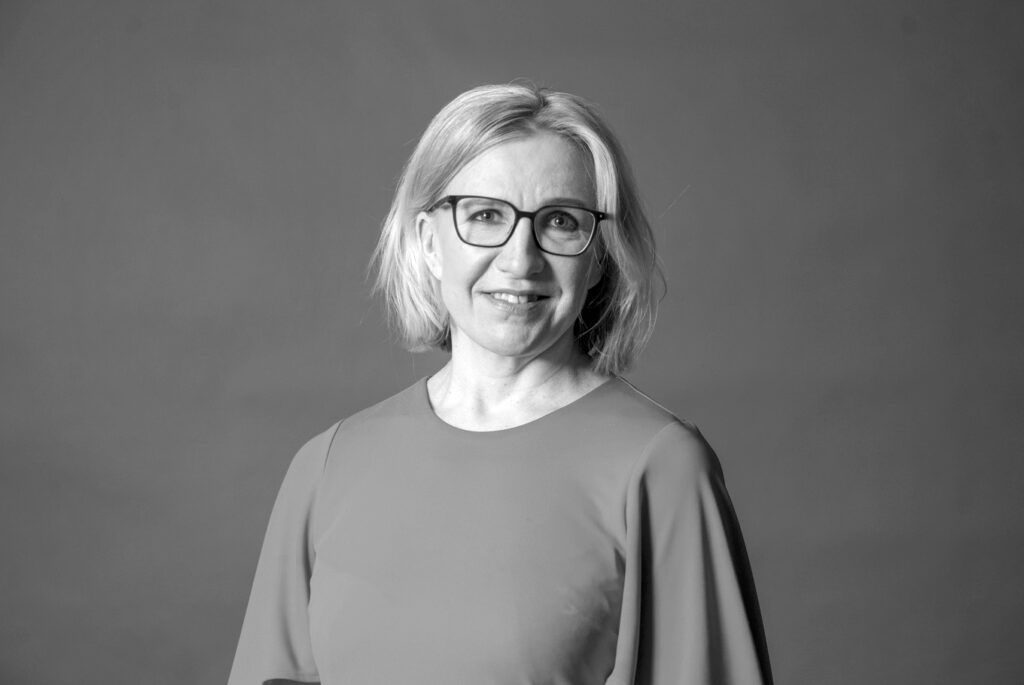Somalias Information minister Abdiraham Al-Aladalaa spent 9 days in Finland networking with the media experts and the Council of Mass media in Finland. The Somali government aims to establish a media self-regulatory body to support fresh democracy in Somalia.
,”We have to start somewhere, we in government cannot just sit back and wait for the media situation to improve. We have to start working together and meeting among those with whom we can find common ground. I am very optimistic about change”, says the Minister of Information Abdiraham Al-Aladalaa from Somalia Ministry of Communications, Culture and Tourism.
Somalia is one of the youngest nations in the world: 75% of the population is under 35. Youth is both an asset and a challenge in a newly digital-native democracy.
What kind of challenges the media landscape faces in a country traumatised by civil war, divided along clan lines and still with low levels of education, Al-Aladala?
“Disinformation and hate speech are the biggest problems in our country’s media landscape. Somalia has hundreds of newspapers, online publications, television and radio stations. But no one has control over what is produced and who produces the content. Anyone can say they are a journalist without any training or background”, Al-Aladalaa sums up the challenges facing the media landscape in a country of 17.6 million people.
Somalia’s media landscape has undergone huge upheavals over the past 30 years. In colonial times, there were two radio stations but no television.
It was only in the early 1990s that the publication of free newspapers linked to the clans became widespread, and by the turn of the millennium radio had also found its way into households.
Somalia is a young country, both in terms of population and media culture – that’s why Somalia is driving the transformation of the media landscape and challenging reliable information.
“Today, Somalia has a huge number of powerful radio and television stations, and one-man news agencies, or influencers, have gained considerable influence on the media scene”, Al-Aladalaa says.
Indeed, Somali influence has become one of the biggest obstacles to peace in Somalia. According to Al-Aladala, many young people think that working as a journalist is an easy route to employment; you don’t need training or experience, you just start talking to the camera and sharing the news.
The biggest challenge for do-it-yourself journalists is the quality of the news: many self-styled journalistic influencers knowingly or unknowingly share disinformation and fake news, and paint people who do not act in line with their own goals.
Anger and fear are the emotions that feed the algorithms best, and clan rivalries are easy to exploit to boost ratings.
“In Tiktok, attention has been drawn to clan debates, where two clans debate each other. People donate money to these people to support their own clan. In reality, the debaters are friends, running a business together. But this is what the social media users don’t know, the theatre of the debaters re-enacting and deepening the divisions between the clans is all too real for them, Al-Aladalaa
Al-Aladalaa explains how in the past, defining a journalist was easy. A person who has undergone journalism training, works in a media house or has a media card can call themselves a journalist.
In the days of the Internet, anyone can call themselves a journalist without any connection to the ethical code or principles of the profession. According to Al-adalaa, one solution could be the Kenyan model, where a press card issued by the association would prove a person’s journalistic background.
Minister of Information seeks inspiration from Finland, Denmark, Kenya and others to build a media council in Somalia
Al-Aladalaa hopes that the Media Council will create an institution for fresh democracy, offering networking opportunities for peace from both traditional and social media perspectives.
Currently, with a network of numerous media channels and social media providers, it is almost impossible to assess reliable content.
The story of Finland, through the civil war and the Second World War, to a democratic welfare state and a model country for freedom of the press are the reasons why Al-Adalaa is visiting Finland.
Meetings with experts from Vikes and with Eero Hyvönen, President of the Council of Public Words, have provided inspiration and tools to promote the establishment of a media council in Somalia.
“It is important to start by finding those who agree and want to work together. However, this is not an easy task, as the government does not want to interfere with the media,” Al-Aladalaa says.
On the other hand, it is difficult to build a self-regulatory body for the media among media houses alone, as many media produce content from completely different realities and values, he adds.
This year, Somalia will hold its first free elections to elect a president and a government. Shaping the media landscape towards free, truth-based and pro-democracy media is therefore an important part of the young country’s and people’s steps towards a functioning democracy.
